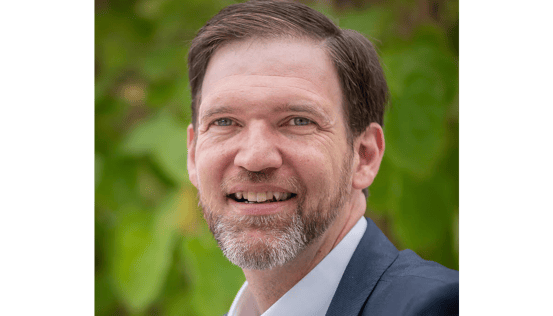Benjamin Heuston is the CEO of the nonprofit Waterford.org, which provides publicly funded, home-based online preschool to 15,000 children in Utah annually. Before becoming CEO in 2016, he spent 13 years as Waterford's COO. I recently talked with Benj about Waterford's work to bring online personalized learning to Utah preschoolers, and here's what he said.
Rick Hess: Benj, so what exactly does Waterford.org do?
Benj Heuston: Waterford works directly with families and their children to help them get ready for school. We've created a unique program that trains and supports parents so they can better engage with their children, while also providing technology and learning software that the children can use on their own. In particular, our online preschool program now provides personalized learning to 15,000 students in the state of Utah, where the program is publicly funded.
Rick: What does "personalized learning" mean here? What's the curriculum and what knowledge and skills are kids learning?
Benj: The cornerstone for us has always been literacy, although we also have math and science that the children can work on after they've done their literacy. Working with young children means that we're primarily focused on basic skills and enrichment, although the program customizes to each child's level so there could be a pretty broad range of what they're working on.
Rick: Who are the students and families you're serving?
Benj: This program is targeted at children in the year before they enter kindergarten, which means they're most often 4 years old. Our goal is to help everyone, but it often skews toward the families that are the most vulnerable. This could be families who are in poverty but also refugees, migrants, rural, homeless, English-language learners, children on the autism spectrum or who are dyslexic, and so on. While their backgrounds might be diverse, parents are almost universally concerned about helping their children be successful in life, and there is a strong belief that education is synonymous with opportunity.
Rick: How do you make sure these families actually use the programming? Or is it really up to parents?
Benj: The program is opt-in, so everyone who's in the program is only there because they want to be. The central requirement for being part of the program is being willing to ensure that the child uses the software 15 minutes a day, five days a week. In order to help the parents keep on track, we provide reports and reminders, but we also proactively reach out on a regular basis to help them establish effective routines or to help clear any roadblocks they might be running into.


